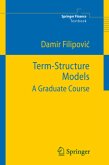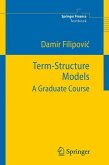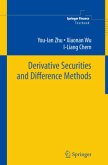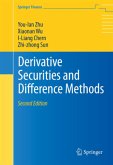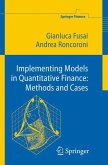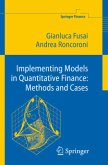Asymptotic analysis of stochastic stock price models is the central topic of the present volume. Special examples of such models are stochastic volatility models, that have been developed as an answer to certain imperfections in a celebrated Black-Scholes model of option pricing. In a stock price model with stochastic volatility, the random behavior of the volatility is described by a stochastic process. For instance, in the Hull-White model the volatility process is a geometric Brownian motion, the Stein-Stein model uses an Ornstein-Uhlenbeck process as the stochastic volatility, and in the Heston model a Cox-Ingersoll-Ross process governs the behavior of the volatility. One of the author's main goals is to provide sharp asymptotic formulas with error estimates for distribution densities of stock prices, option pricing functions, and implied volatilities in various stochastic volatility models. The author also establishes sharp asymptotic formulas for the implied volatility at extreme strikes in general stochastic stock price models.
The present volume is addressed to researchers and graduate students working in the area of financial mathematics, analysis, or probability theory. The reader is expected to be familiar with elements of classical analysis, stochastic analysis and probability theory.
The present volume is addressed to researchers and graduate students working in the area of financial mathematics, analysis, or probability theory. The reader is expected to be familiar with elements of classical analysis, stochastic analysis and probability theory.



